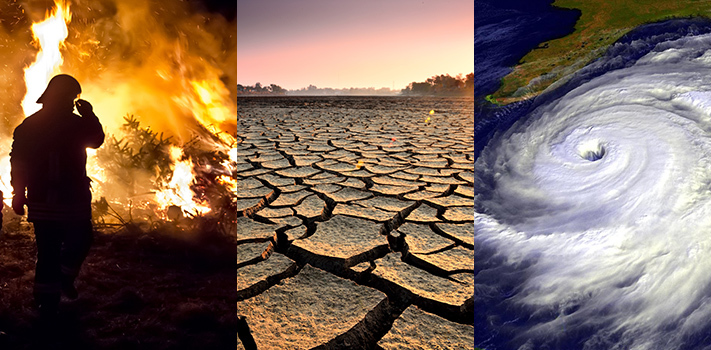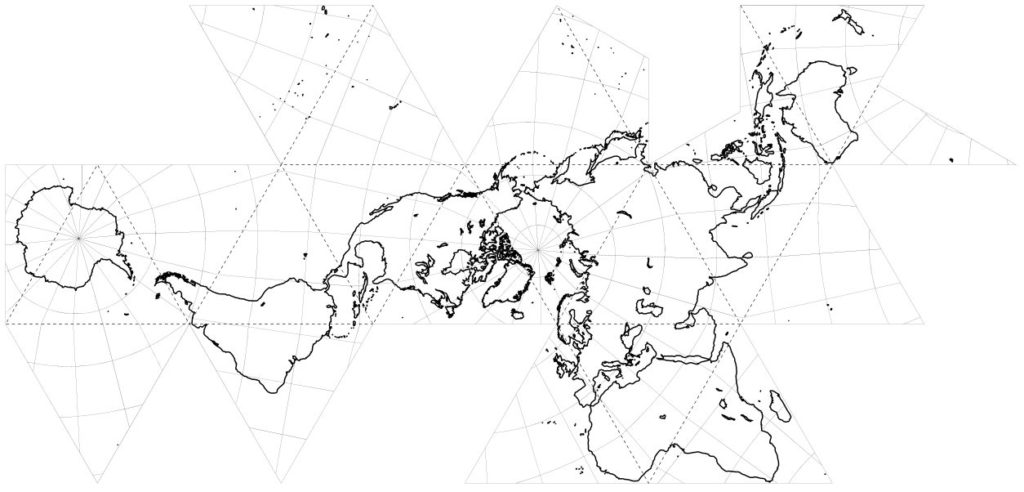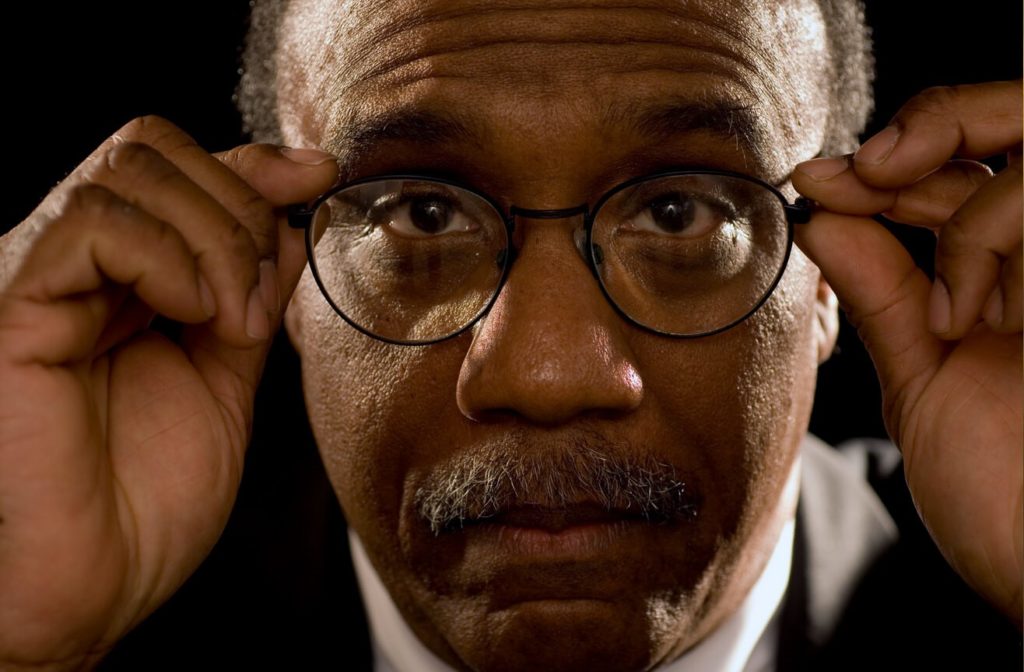“One of the most important things humans can do as constructive passengers aboard Spaceship Earth is to help restore the health of our planet’s soils and climate.”
–Greg Watson

RTE Board Director Greg Watson (alongside the other Schumacher Lecturer, Sallie Calhoun) will bring his realistic–but optimistic–vision of climate action to the 39th Annual Schumacher Lectures.
Watson is a long time proponent and steward of the ideas of R. Buckminster Fuller, and his lecture will focus on applying Fuller’s World Game to climate adaption. The idea behind the World Game is to simulate decision-making on a global scale for the benefit of all life. In Fuller’s words, the goal is, “To make the world work for 100% of humanity in the shortest possible time through spontaneous cooperation without ecological offense or the disadvantage of anyone.”

Watson also worked as the Senior Advisor for Clean Energy Technology within the Executive Office of Environmental Affairs. He later served as Commissioner for Agriculture for the State of Massachusetts. In 2005 he coordinated the drafting of “A Framework for Offshore Wind Energy Development in the United States” and the following year founded the U.S. Offshore Wind Collaborative. He served on President-elect Barack Obama’s U.S. Department of Energy transition team in 2008. In 2015 he founded the Cuba-U.S. Agroecology Network (CUSAN) following a trip to Cuba to learn about its agroecology system.
His upcoming Schumacher lecture promises to offer a path forward for the Earth. In the words of the Schumacher Lecture organizers, “As the consequences of climate change begin to compound, it’s tempting to believe that solutions are now out of our hands. The careers of Greg Watson and Sallie Calhoun demonstrate resolutely that this is not the case.”
Register for the 39th Annual Schumacher Lectures here: https://www.universe.com/events/actionable-responses-to-climate-change-39th-annual-schumacher-lectures-tickets-great-barrington-CKHN7R
Benjamin T. Rancourt received his PhD in Philosophy from the University of Massachusetts Amherst in 2016. His continuing philosophical research focuses on understanding, knowledge, and science, among other topics. This research ties into his wider goal of encouraging deeper understanding of ourselves, our strengths, and our limitations. He hopes that greater understanding will help us use the resources available to us to preserve what is good and address what is wrong. Walking is his primary mode of transportation. He appreciates the natural world. He lives in North Carolina with his wife Julia, where he is a Teaching Assistant Professor at North Carolina State University and William Peace University.

